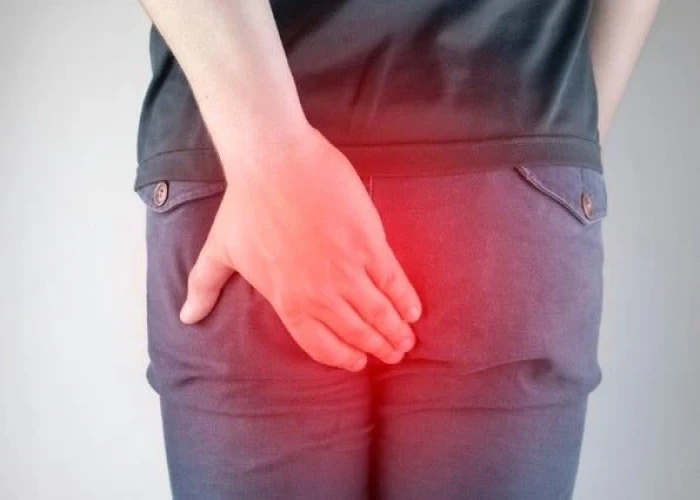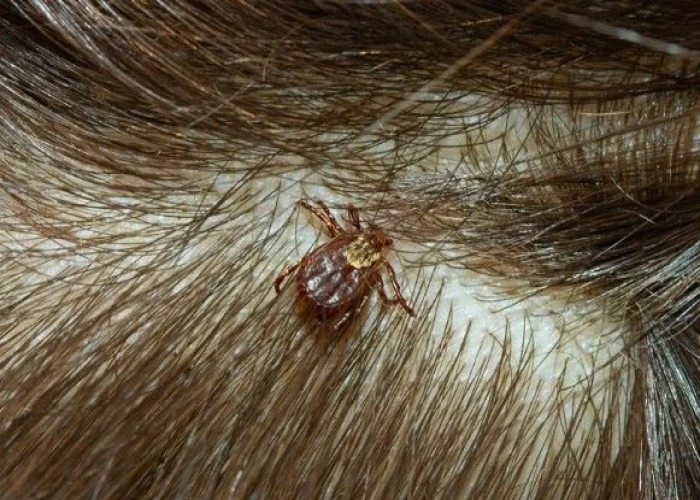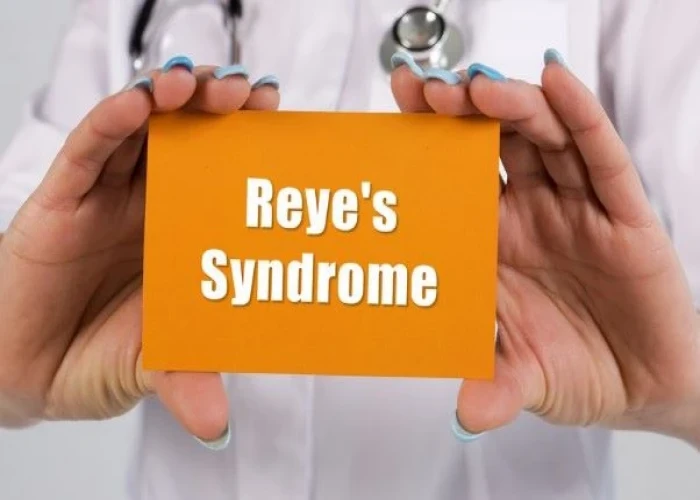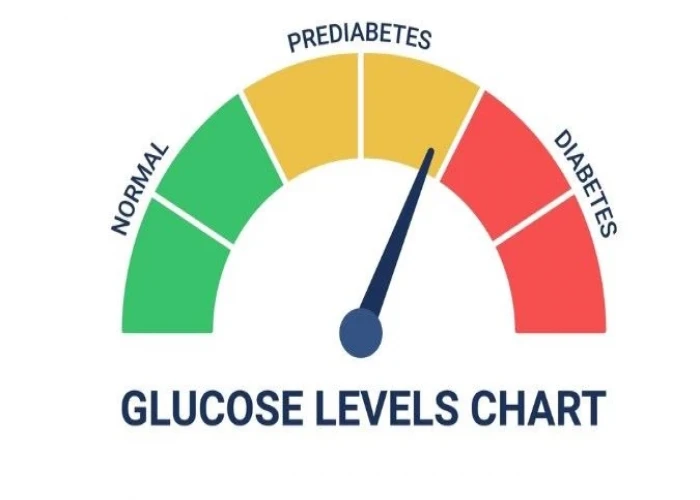 Welcome
Welcome
“May all be happy, may all be healed, may all be at peace and may no one ever suffer."
Alcohol poisoning

Alcohol poisoning is a serious and potentially life-threatening condition that occurs when someone drinks a large amount of alcohol in a short period of time. This can cause the blood alcohol concentration (BAC) to rise to dangerous levels, leading to a range of symptoms and health problems.
Symptoms of alcohol poisoning may include:
- Confusion
- Difficulty walking or standing
- Vomiting
- Seizures
- Slow or irregular breathing
- Slow or irregular heartbeat
- Pale or blue skin
- Unconsciousness or loss of consciousness
If you suspect someone has alcohol poisoning, it's important to seek immediate medical attention. Treatment may involve monitoring vital signs, giving fluids intravenously, and breathing support. In severe cases, the person may need to be admitted to the hospital for treatment and observation.
Preventing alcohol poisoning is the best way to avoid the risks and potential consequences of excessive alcohol consumption. This includes:
- Drinking in moderation, meaning no more than one drink per day for women or two drinks per day for men
- Not drinking on an empty stomach
- Avoiding binge drinking, which is defined as drinking five or more drinks in a row for men or four or more drinks in a row for women
- Not drinking to the point of losing consciousness or being unable to remember what happened while drinking
It's also important to be aware of the potential consequences of excessive alcohol consumption, such as liver damage, brain damage, and increased risk of injury or death. If you or someone you know is struggling with alcohol use, seeking help from a healthcare professional or a support group can help.
Research Papers
Disease Signs and Symptoms
- Confusion (Hallucinations)
- Nausea or vomiting
- Seizures
- Irregular breathing
- Slow breathing (less than eight breaths a minute)
- Pale skin color (pallor)
- Low body temperature
Disease Causes
Alcohol poisoning
Alcohol in the form of ethanol (ethyl alcohol) is found in alcoholic beverages, mouthwash, cooking extracts, some medications and certain household products. Ethyl alcohol poisoning generally results from drinking too many alcoholic beverages, especially in a short period of time.
Other forms of alcohol — including isopropyl alcohol (found in rubbing alcohol, lotions and some cleaning products) and methanol or ethylene glycol (a common ingredient in antifreeze, paints and solvents) — can cause other types of toxic poisoning that require emergency treatment.
Binge drinking
A major cause of alcohol poisoning is binge drinking — a pattern of heavy drinking when a male rapidly consumes five or more alcoholic drinks within two hours, or a female rapidly consumes at least four drinks within two hours. An alcohol binge can occur over hours or last up to several days.
You can consume a fatal dose before you pass out. Even when you're unconscious or you've stopped drinking, alcohol continues to be released from your stomach and intestines into your bloodstream, and the level of alcohol in your body continues to rise.
How much is too much?
Unlike food, which can take hours to digest, alcohol is absorbed quickly by your body — long before most other nutrients. And it takes a lot more time for your body to get rid of the alcohol you've consumed. Most alcohol is processed (metabolized) by your liver.
The more you drink, especially in a short period of time, the greater your risk of alcohol poisoning.
One drink is defined as:
- 12 ounces (355 milliliters) of regular beer (about 5 percent alcohol)
- 8 to 9 ounces (237 to 266 milliliters) of malt liquor (about 7 percent alcohol)
- 5 ounces (148 milliliters) of wine (about 12 percent alcohol)
- 1.5 ounces (44 milliliters) of 80-proof hard liquor (about 40 percent alcohol)
Mixed drinks may contain more than one serving of alcohol and take even longer to metabolize.
Disease Prevents
Alcohol poisoning
To avoid alcohol poisoning:
- Drink alcohol in moderation, if at all. If you choose to drink alcohol, do so in moderation. For healthy adults, that means up to one drink a day for women of all ages and men older than age 65, and up to two drinks a day for men age 65 and younger. When you do drink, enjoy your drink slowly.
- Don't drink on an empty stomach. Having some food in your stomach may slow alcohol absorption somewhat, although it won't prevent alcohol poisoning if, for example, you're binge drinking.
- Communicate with your teens. Talk to your teenagers about the dangers of alcohol, including binge drinking. Evidence suggests that children who are warned about alcohol by their parents and who report close relationships with their parents are less likely to start drinking.
- Store products safely. If you have small children, store alcohol-containing products, including cosmetics, mouthwashes and medications, out of their reach. Use child-proof bathroom and kitchen cabinets to prevent access to household cleaners. Keep toxic items in your garage or storage area safely out of reach. Consider keeping alcoholic beverages under lock and key.
- Get follow-up care. If you or your teen has been treated for alcohol poisoning, be sure to ask about follow-up care. Meeting with a health professional, particularly an experienced chemical dependency professional, can help you prevent future binge drinking.
Disease Treatments
Alcohol poisoning treatment usually involves supportive care while your body rids itself of the alcohol. This typically includes:
- Careful monitoring
- Prevention of breathing or choking problems
- Oxygen therapy
- Fluids given through a vein (intravenously) to prevent dehydration
- Use of vitamins and glucose to help prevent serious complications of alcohol poisoning
Adults and children who have accidentally consumed methanol or isopropyl alcohol may need hemodialysis — a mechanical way of filtering waste and toxins from your system — to speed the removal of alcohol from their bloodstream.
Disease Diagnoses
Disease Allopathic Generics
Disease Ayurvedic Generics
Disease Homeopathic Generics
Disease yoga
Alcohol poisoning and Learn More about Diseases

Alzheimers disease

Proctitis

Rocky Mountain spotted fever

Popliteal artery aneurysm

Retinoblastoma

Reye's syndrome

Airplane ear

Prediabetes
Alcohol poisoning, Signs of alcohol poisoning, এলকোহল বিষক্রিয়া
To be happy, beautiful, healthy, wealthy, hale and long-lived stay with DM3S.
